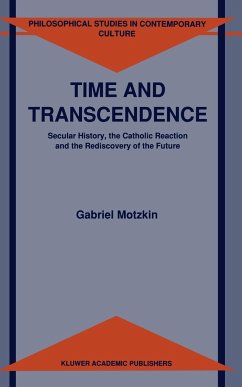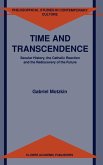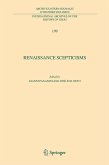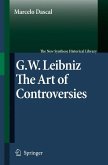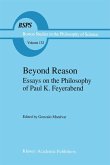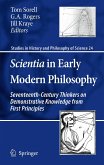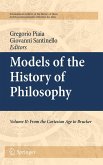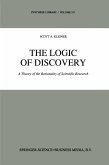Time and Transcendence provides a new theory of secularization in the Catholic context, a new interpretation of the origins of modern historical science, and a new reading of Heidegger's theories of time and history. The author shows how a secular sense of the past evolved in early modern French memoirs. Memoirs uncovered a level of personal experience that was then applied as an intuitive framework for the study of history. Modern history's scientific study of sources is embedded in the imaginative sense of a personal past.
Nineteenth-century French Traditionalists countered this threat of a secular past by expanding the concept of tradition to include all of history. Neoscholasticism then canonized philosophy as Catholic tradition, turning the history of philosophy against secular culture.
Heidegger's thinking developed in the contexts of both this Catholic counterattack and the fin-de-siècle disillusion with secular history. Against fin-de-siècle notions of memory as abetter way of penetrating the past, Heidegger recast history as future-oriented action. Rejecting both secular culture and religious tradition, he used history as a tool for secularizing religious experiences that secular culture had ignored, such as grace, mystical experience, and death.
This book shows that while religion can turn a self-conscious secular culture against itself, ultimately the religious critique of secular culture can also be turned against religion.
Nineteenth-century French Traditionalists countered this threat of a secular past by expanding the concept of tradition to include all of history. Neoscholasticism then canonized philosophy as Catholic tradition, turning the history of philosophy against secular culture.
Heidegger's thinking developed in the contexts of both this Catholic counterattack and the fin-de-siècle disillusion with secular history. Against fin-de-siècle notions of memory as abetter way of penetrating the past, Heidegger recast history as future-oriented action. Rejecting both secular culture and religious tradition, he used history as a tool for secularizing religious experiences that secular culture had ignored, such as grace, mystical experience, and death.
This book shows that while religion can turn a self-conscious secular culture against itself, ultimately the religious critique of secular culture can also be turned against religion.

